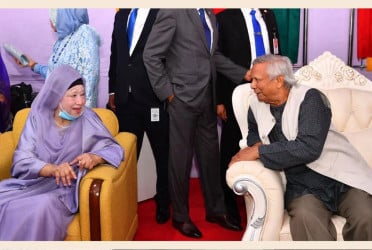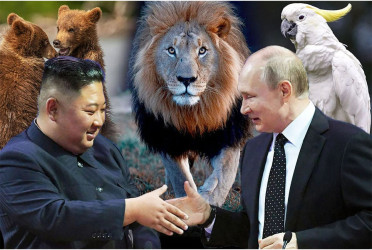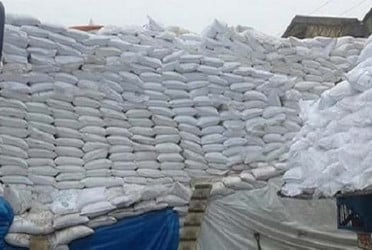The buy order from foreign buyers is decreasing gradually in the country’s readymade garment (RMG) sector due to ongoing global inflation, especially in the United States and the European Union.
According to the industry concerned, the prices of raw materials to produce RMG are soaring in the local and international markets. On the other hand, buyers are dilly-dallying to pay the price of the exported RMG products and the profit of this sector declining due to fewer buy orders. Furthermore, the crisis of gas, electricity and oil in the RMG factories created a big challenge for the owners of this leading sector.
Bangladesh Knitwear Manufacturers and Exporters Association (BKMEA) Executive President Mohammed Hatem told Bangladesh Pratidin that the RMG industry is facing a tough situation. All RMG factories try to sustain. Buy order is decreasing gradually because of global inflation and economic turmoil. The banking problem has intensified the worse situation. Global buyers don’t pay accordingly. Many factory owners are in trouble as buyers are dilly-dallying to pay the dollars.
Shahidullah Azim, vice-president of Bangladesh Garment Manufacturers and Exporters Association (BGMEA) said overall RMG buy orders reduced due to worldwide inflation. A brand which used to order 4 lakh pieces, now orders only 50 thousand pieces. The main reason to hit the RMG sector is global inflation. Maximum Bangladeshi factories can’t utilize the full production capacity lack of buy orders. An average of 60-70 per cent productivity is being used and the rest 30-40 per cent productivity is being wastage. On the other hand, the prices of raw materials are hiked. As a result, the amount of the profit is also declining.
According to the sources, inflation has risen in the United States and European countries due to the Russian invasion of Ukraine which triggered a long war. The war extends a negative impact on Bangladeshi RMG export in the United States and European countries.
Meanwhile, export earnings in Bangladesh have increased although the amount of export is not increased. Bangladesh exported 11 per cent less than the United States and 7.5 per cent less on average in the European countries in the outgoing fiscal year.
Inflation in the Eurozone declined to 8.5 per cent in February last which was 8.6 per cent in the previous month. CNBC said the inflation is 0.3 per cent higher than forecasted the rate by the economists.
In February last, the inflation rate increased abnormally in France and Spain. The consumer price index of the United States increased 0.4 per cent in the last month and the annual inflation rate of the country is 6 per cent. Bangladesh exports more than 80 per cent of RMG in the United States and the European Union. High inflation in these countries will create more pressure on consumers which will reduce the demand for Bangladeshi cloths.
According to the Export Promotion Bureau (EPB), the country’s export earnings target was $5.66 billion in June. Bangladesh exported goods worth $4.90 billion in the same period of the last year. RMG sector is leading the export earnings for a long. The country earned $46 billion from this sector and the growth of the RMG sector was 10.27 per cent.
In June of the outgoing 2022-23 fiscal, Bangladesh exported oven cloths worth $1.90 billion and the export growth was 1.99 per cent while knitwear export was $2.46 billion and the export growth was 10.40 per cent. In the whole fiscal (July-June) of 2022-23, it exported oven cloths worth $21.25 billion and the export growth was 9.56 per cent while knitwear export was $25.74 billion and export growth was 10.87 per cent.
Bangladesh exported RMG products in the last fiscal worth $46.99 billion and the export growth was 10.27 per cent against the target of $46.80 billion which was 0.41 per cent more than the target.
@ The article was published on print and online versions of The Bangladesh Pratidin on July 09, 2023 and has been rewritten in English by Golam Rosul.





































































